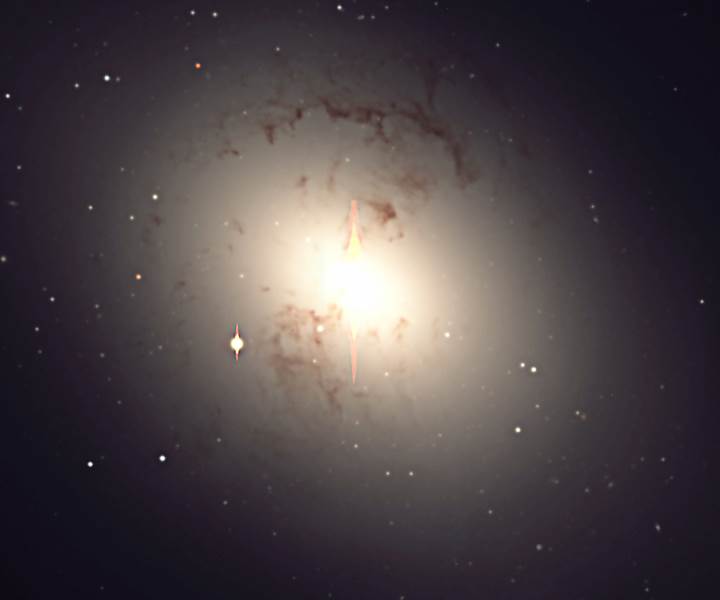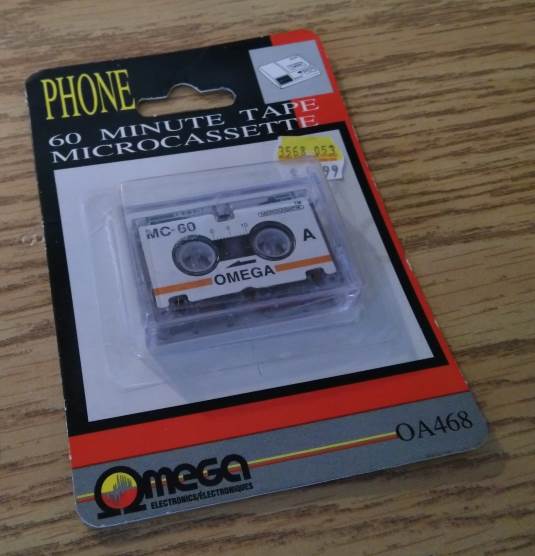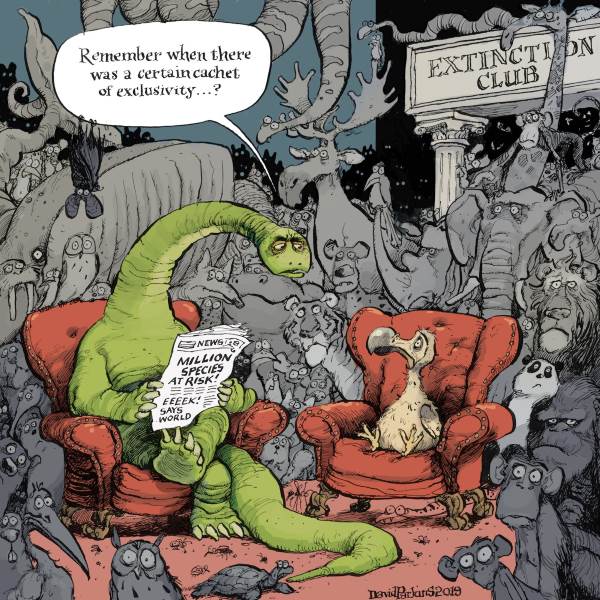Here is a thought that has been bothering me for some time.
We live in a universe that is subject to accelerating expansion. Galaxies that are not bound gravitationally to our Local Group will ultimately vanish from sight, accelerating away until the combination of distance and increasing redshift will make their light undetectable by any imaginable instrument.
Similarly, accelerating expansion means that there will be a time in the very distant future when the cosmic microwave background radiation itself will become completely undetectable by any conceivable technological means.

In this very distant future, the Local Group of galaxies will have merged already into a giant elliptical galaxy. Much of this future galaxy will be dark, as most stars would have run out of fuel already.
But there will still be light. Stars would still occasionally form. Some dwarf stars will continue to shine for trillions of years, using their available fuel at a very slow rate.
Which means that civilizations might still emerge, even in this unimaginably distant future.
And when they do, what will they see?
They will see themselves as living in an “island universe” in an otherwise empty, static cosmos. In short, precisely the kind of cosmos envisioned by many astronomers in the early 1920s, when it was still popular to think of the Milky Way as just such an island universe, not yet recognizing that many of the “spiral nebulae” seen through telescopes are in fact distant galaxies just as large, if not larger, than the Milky Way.
But these future civilizations will see no such nebulae. There will be no galaxies beyond their “island universe”. No microwave background either. In fact, no sign whatsoever that their universe is evolving, changing with time.
So what would a scientifically advanced future civilization conclude? Surely they would still discover general relativity. But would they believe its predictions of an expanding cosmos, despite the complete lack of evidence? Or would they see that prediction as a failure of the theory, which must be remedied?
In short, how would they ever come into possession of the knowledge that their universe was once young, dense, and full of galaxies, not to mention background radiation?
My guess is that they won’t. They will have no observational evidence, and their theories will reflect what they actually do see (a static, unchanging island universe floating in infinite, empty space).
Which raises the rather unnerving, unpleasant question: To what extent exist already features in our universe that are similarly unknowable, as they can no longer be detected by any conceivable instrumentation? Is it, in fact, possible to fully understand the physics of the universe, or are we already doomed to never being able to develop a full picture?
I find this question surprisingly unnerving and depressing.







